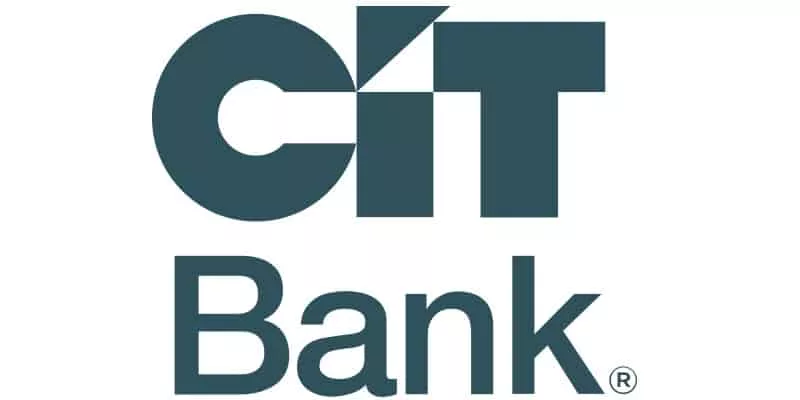It can be excruciating for some people to set money aside on a regular basis to build up savings. CDs can make it simpler to save money because you leave a lump-sum deposit untouched for a predetermined period of time that earns interest.
What is a CD (Certificate of Deposit)?
Certificate of deposits (CDs) are a type of bank account that pays interest on your money. They're also called fixed-income investments because the amount of interest you receive is set in advance.
CDs usually pay higher rates than other types of accounts, so they're often used for long-term savings.
When Should You Invest In Them?
CDs are usually used as a safe place to put your cash until you need it. They're also a good option when you're looking to save up for something big, like a down payment on a house. If you plan to use the money within 12 months, then a CD might be a better choice than a typical savings account.
How Do I Choose a CD?
There are two main types of certificates of deposit accounts (CDs):
- No-Penalty CD – A no-penalty CD is a type of CD that doesn't charge a penalty for withdrawing money before the term ends. A no-penalty CD is liquid and accessible because you can withdraw money without paying an early withdrawal penalty.
- Traditional CD – Banks and credit unions often charge a fee if you withdraw money before a CD matures. That's because when you open a CD account, you agree to keep your money on deposit with the bank for a certain term. Federal law sets a minimum penalty on early withdrawals from CDs, but there is no maximum penalty.
Where Can I Find The Best CD Rates?
You'll find the best CD rates at banks and credit unions. Banks typically offer higher yields, while credit unions tend to offer lower yields. However, online banks can offer a simple option to open a CD account and often offer customers the highest rates on CD accounts.
Quontic Bank offers some of the best CD Rates:

The below Quontic Bank CDs require a $100 minimum to open the account.
- Best 6-month CD rates – 3.75% APY
- Best 1-year CD rates – 3.25% APY
- Best 2-year CD rates – 3.35% APY
- Best 3-year CD rates – 3.25% APY
- Best 5-year CD rates – 3.00% APY
CIT Bank offers one of the best No-Penalty CD Rates:

The below CIT Bank CDs require a $1,000 minimum to open the account.
- CIT 11 Month No Penalty CD rate – 3.50% APY
- CIT 6 Month CD rate – 3.00% APY
- CIT 13 Month CD rate – 3.50% APY
- CIT 18 Month CD rate – 3.00% APY
How To Manage a CD Account
There's not much you need to do to manage a CD Account. Once you open a CD account with a lump sum deposit, your funds are locked for a term generally between three months and five years. CDs typically don’t have monthly fees, but most have an early withdrawal penalty.
Create a CD Ladder
Get the most from your Certificate of Deposit investment while maintaining your flexibility with a CD ladder. A CD ladder is a type of saving strategy that involves opening both short- and long-term CDs.
How a CD Ladder Works
You'll need to open several CDs, each with different maturity dates. You invest proportionally in a variety of CD term lengths (1, 2, 3, or 5-year CDs). Then, as each shorter certificate matures, you reinvest the proceeds in a new long-term CD. For example:
Let’s say you have $5,000 total that you would like to put into CDs. Your ladder may look like this:
- $1,000 in a 6-month CD
- $1,000 in a 1-year CD
- $1,000 in a 2-year CD
- $1,000 in a 3-year CD
- $1,000 in a 5-year CD
As each rung of the CD ladder matures, you can then choose to roll the money over into another CD or withdraw it.
Even if you break one of the CDs on your ladder, you’ll only pay the penalty on that single CD, and the majority of your investment will still earn compounding interest with no penalties.
Are CDs FDIC insured?
Yes, CDs are federally insured for up to $250,000 by every bank and credit union that has deposit insurance. Investing in CDs can be a good alternative to avoid the volatility of the stock market plus earn a return that’s typically better than regular savings accounts with a national average rate of 0.35%.














